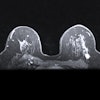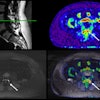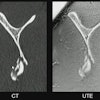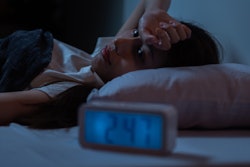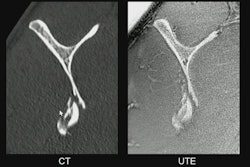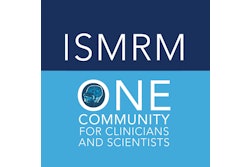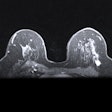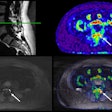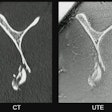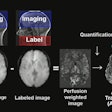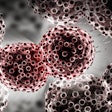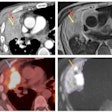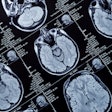Could the simple strategy of drinking enough water help radiologists combat the effects of sleep deprivation caused by night shift work? Perhaps, according to research presented this week at the International Society of Magnetic Resonance in Medicine (ISMRM) meeting.
A team led by presenter Yue Qin, MD, of Xi'an Daxing Hospital in China, found on functional MR imaging that insufficient water intake during night shift work negatively affected particular regions of radiologists' brains.
"The right inferior occipital gyrus [amplitude of low-frequency fluctuation (ALFF)] and right superior temporal gyrus [fraction ALFF (fALFF)] values were negatively correlated to [inadequate] water intake at night," the group reported.
Sleep is restorative because it helps the brain clear metabolic waste that accumulates during wakefulness, the team explained, citing amyloid-beta PET research that suggested that even one night of sleep deprivation increased parenchymal amyloid-beta burden by 5% in 20 healthy individuals -- and the increase of this protein was associated with an increased risk of developing Alzheimer's disease. Other research has shown that daily water consumption of less than 1500 mL (particularly less than 500 mL) is a risk factor for cognitive impairment, and that sufficient water intake improves short-term memory.
Qin and colleagues used resting-state functional MR imaging to analyze changes in 24 radiologists' local brain activity after night shifts, in particular whether increased water intake affected local brain activity. The team used ALFF and fALFF to characterize regional neural function; study participants had all sustained a regular sleep pattern for at least eight days.
The team found that inadequate water intake during a night shift negatively correlated to changes in right inferior occipital gyrus ALFF values and right superior temporal gyrus fALFF values (p-value, -0.48 and -0.49 respectively). They also reported a negative correlation between water intake and reaction time, although this result was not statistically significant.
The study results suggest that the simple act of drinking enough water during a night shift could not only improve radiologists' performance but also shield them in the long term from diseases like Alzheimer's, according to the group.
"These findings indicate that proper increasing of water intake may … mitigate the brain function impairment caused by [night shift work]," it concluded. "However, further study is needed to investigate the protective effect of water on sleep deprivation-related brain damage, and to validate our results."
